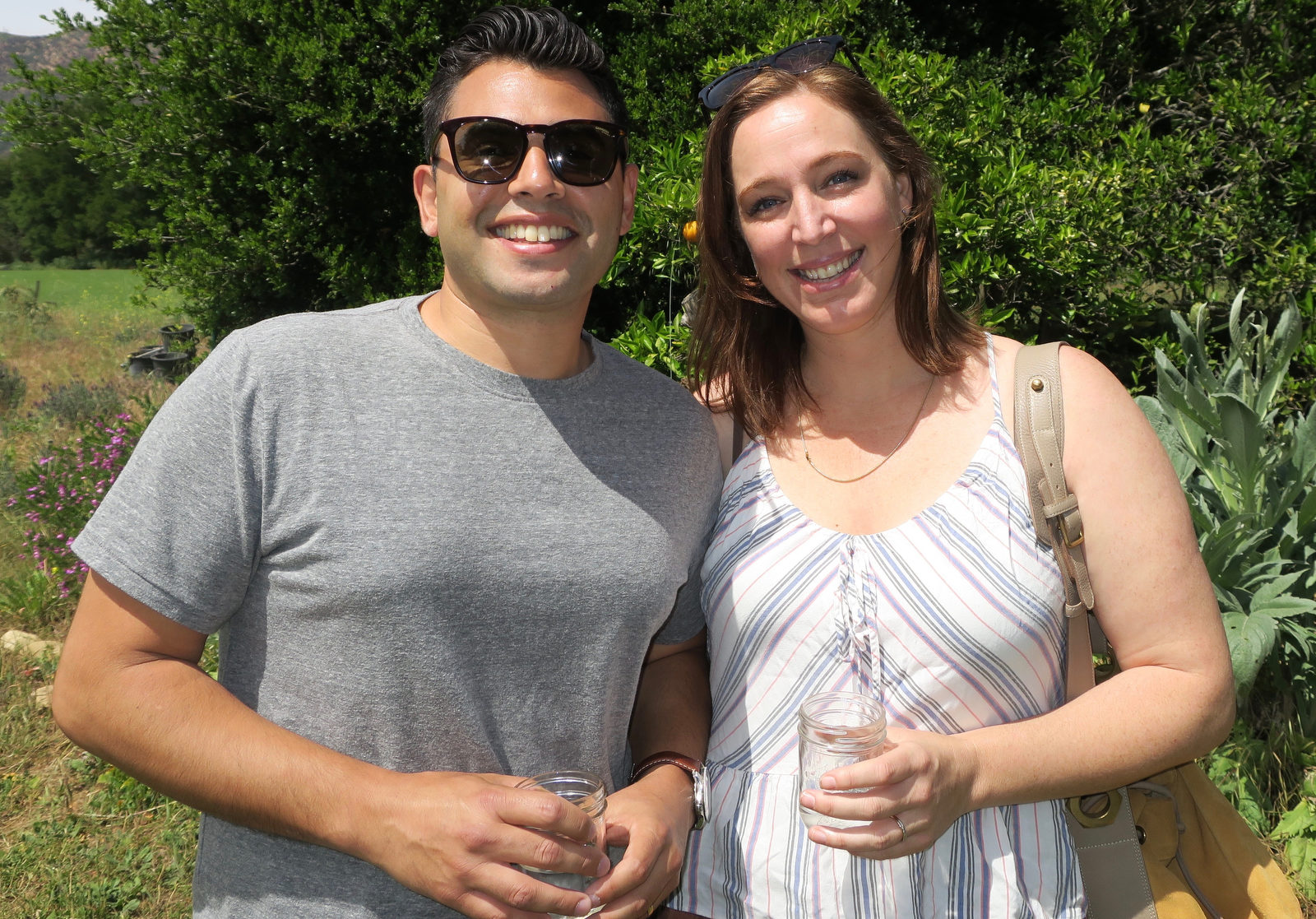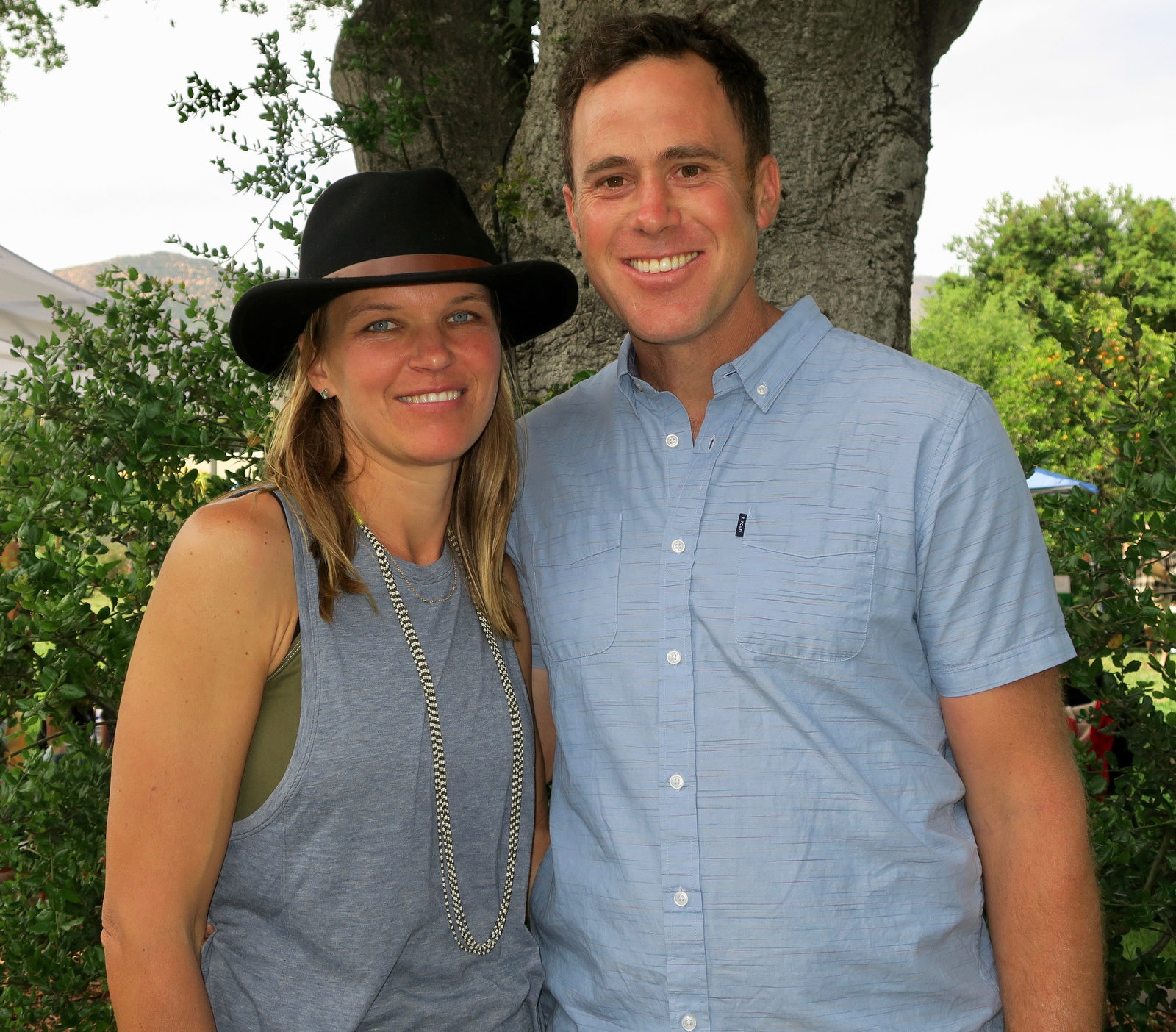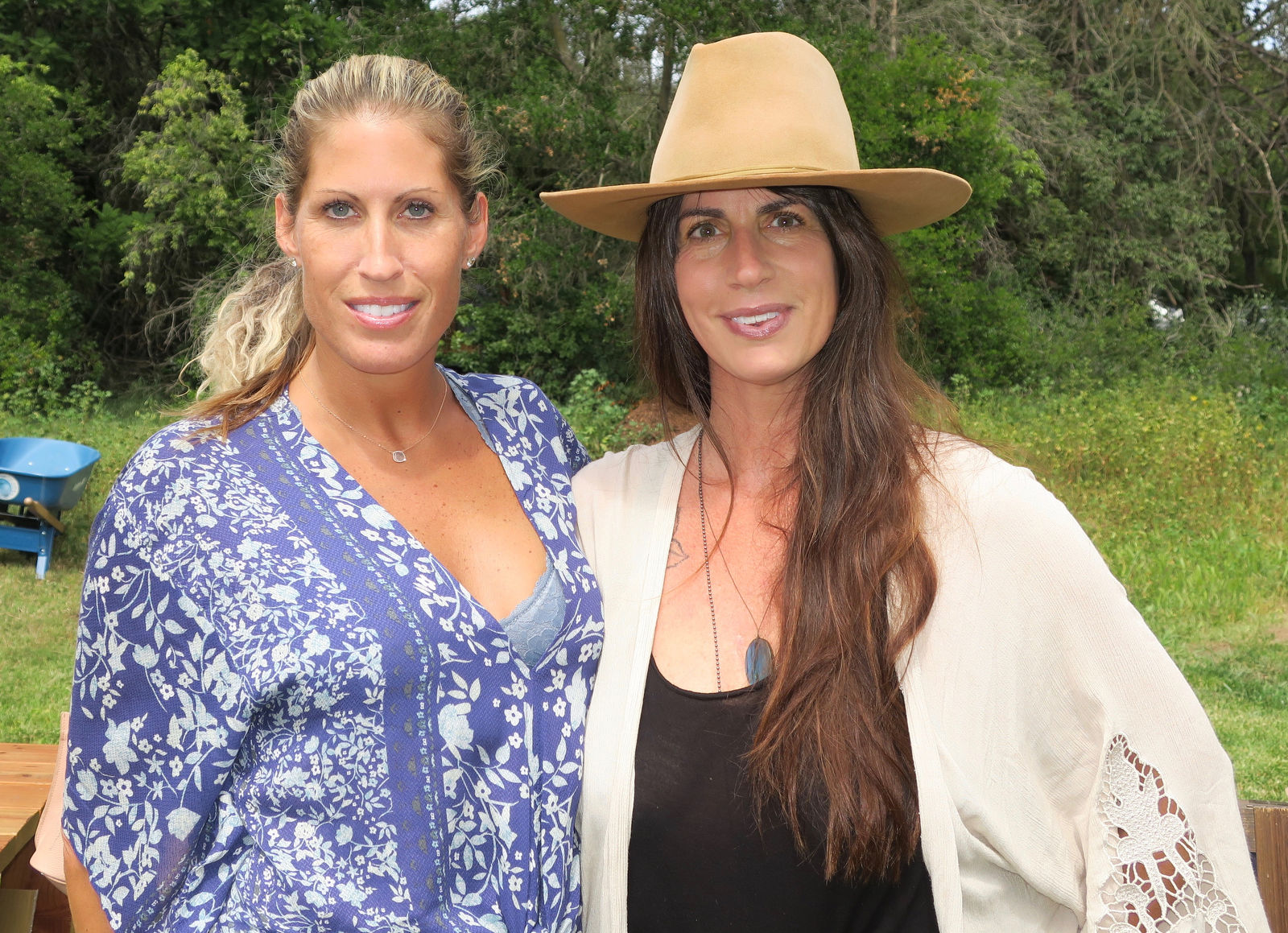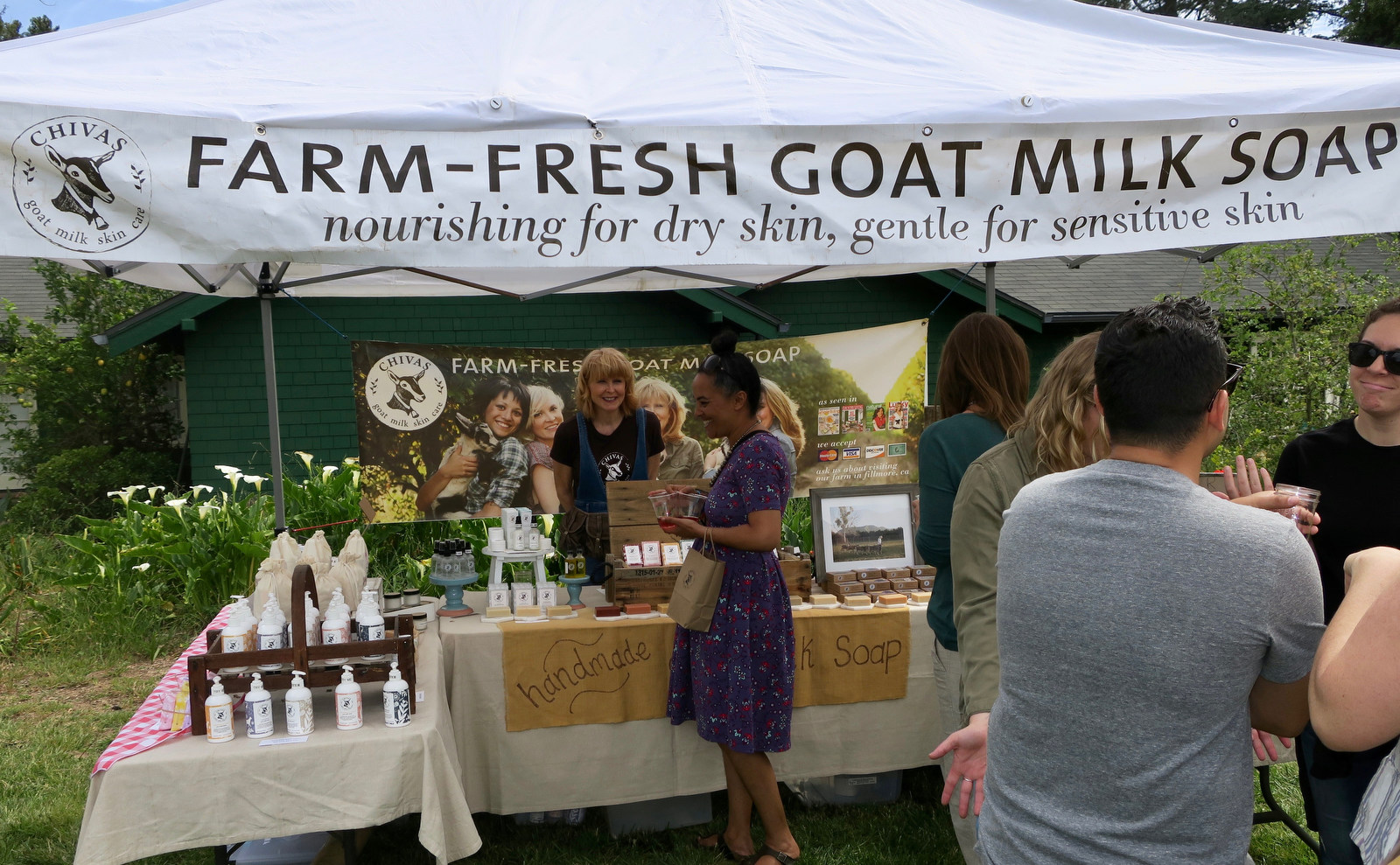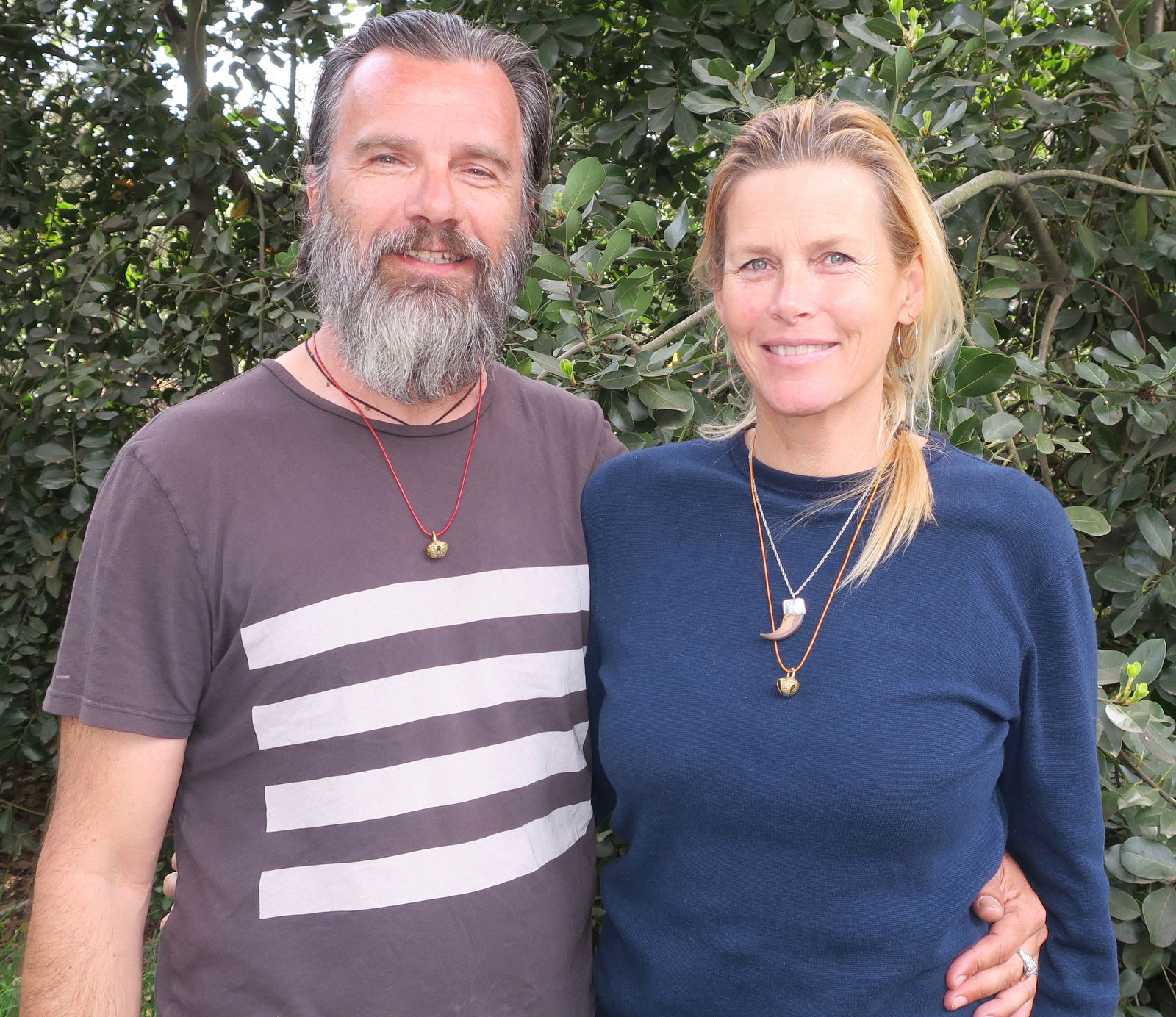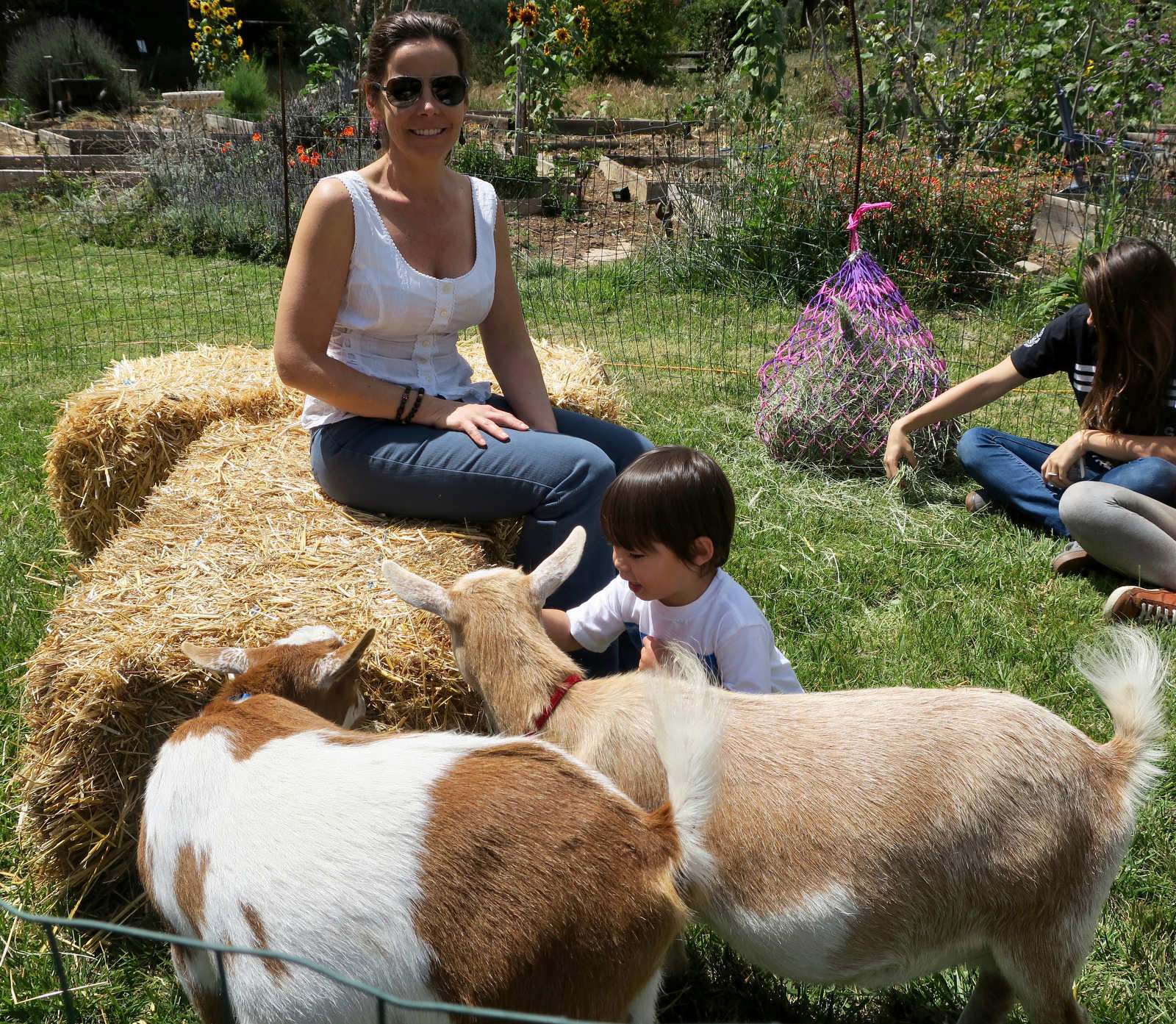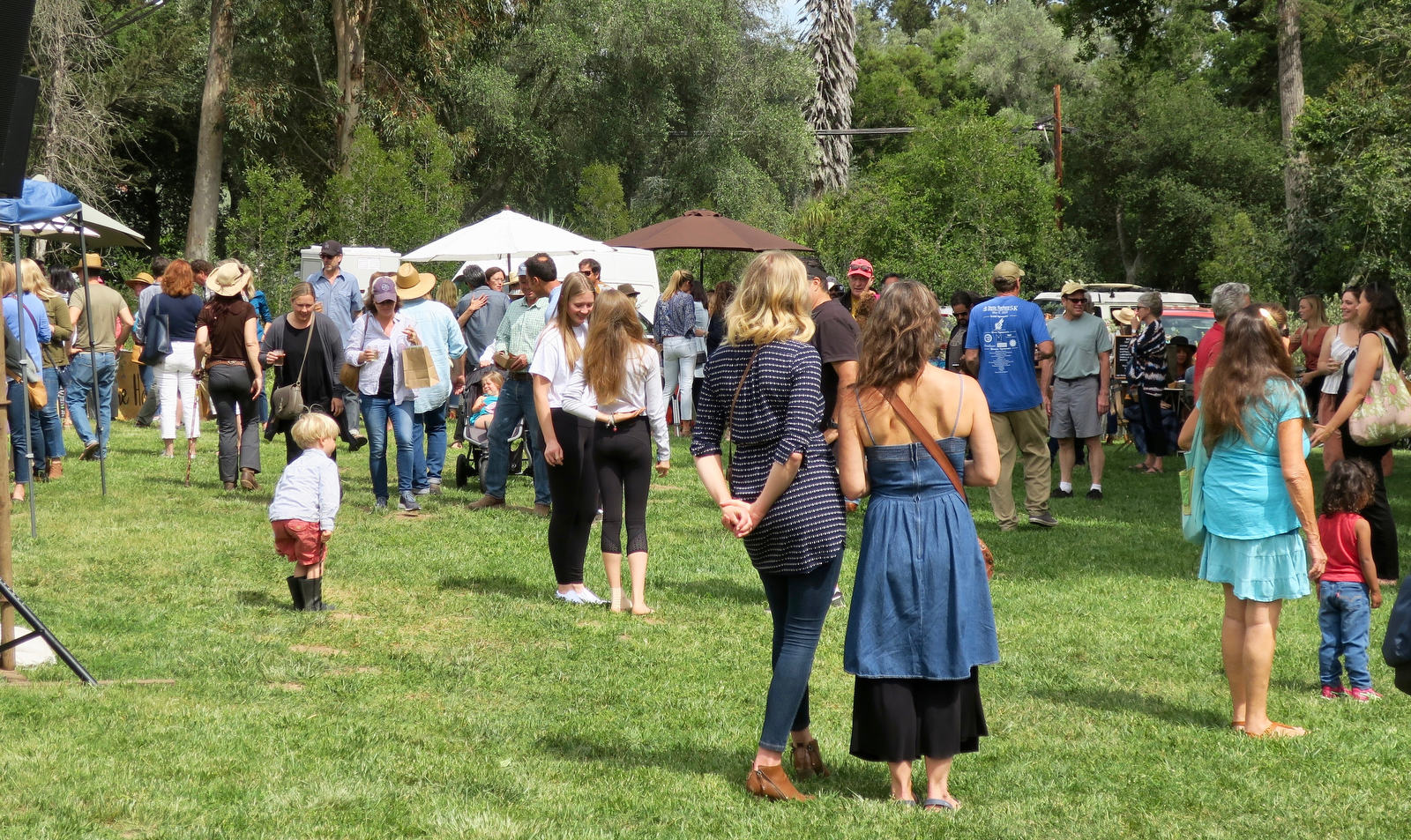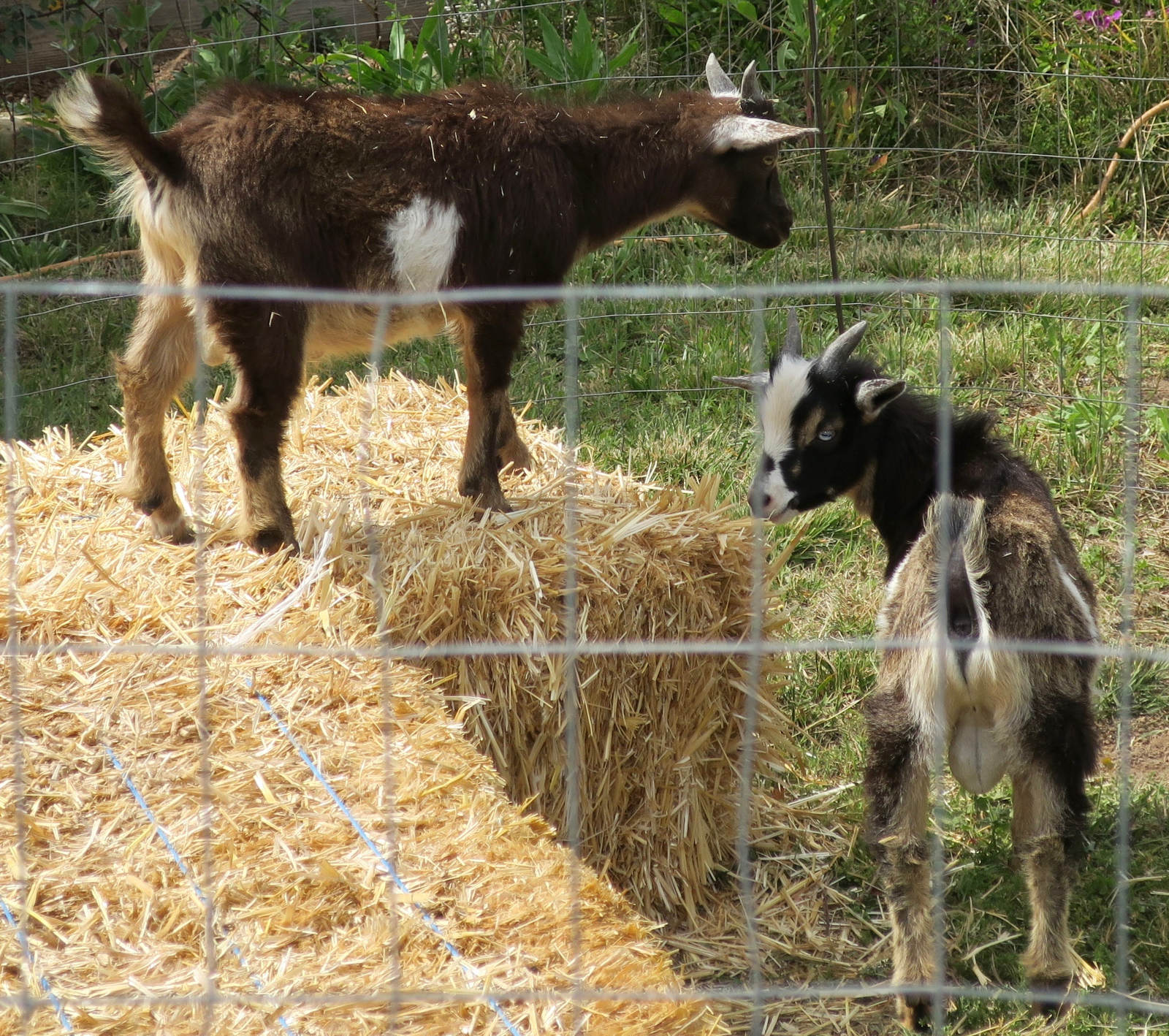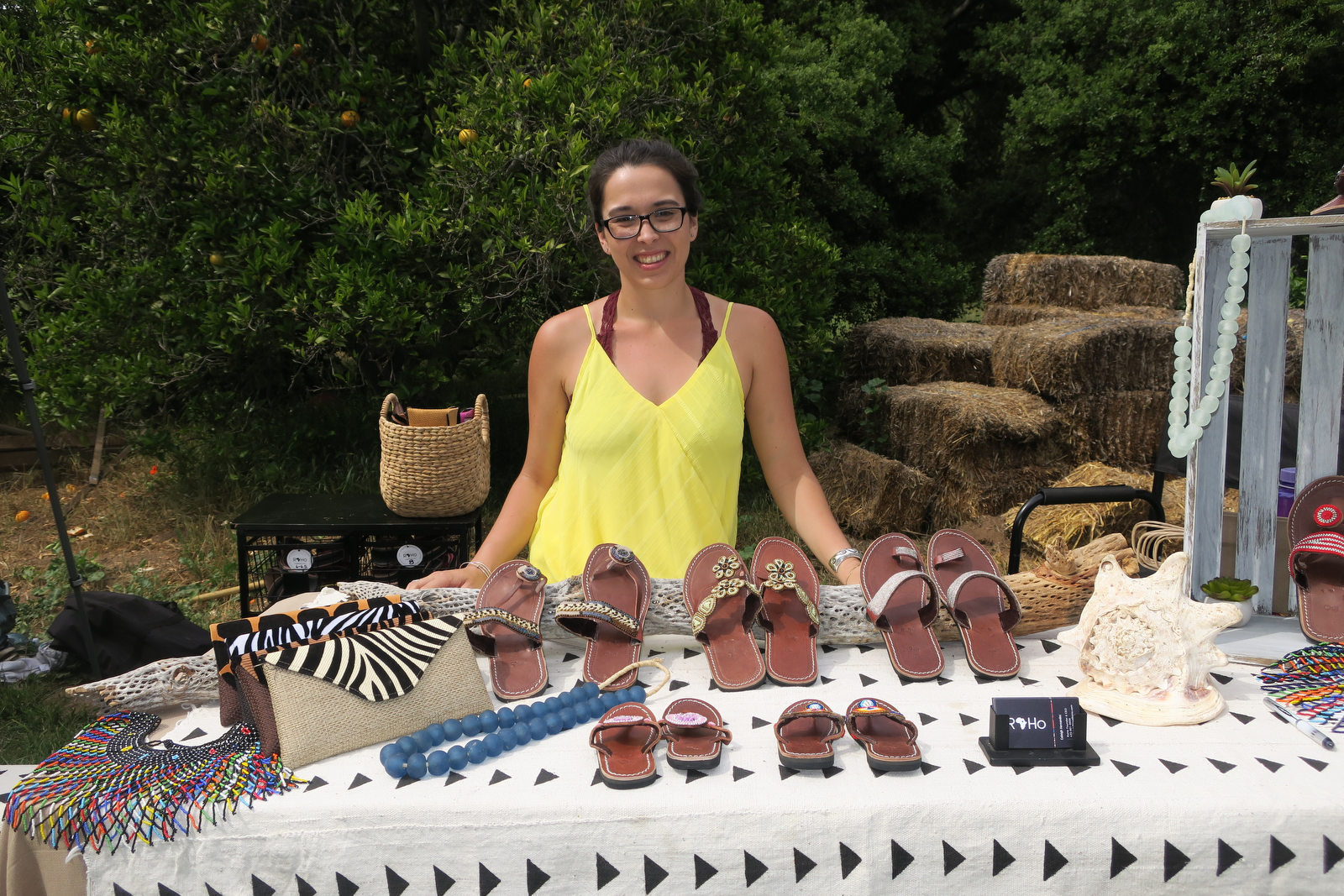African Women Rising Holds Goat Fest
AWR Runs Education, Agriculture, and Microfinance Programs
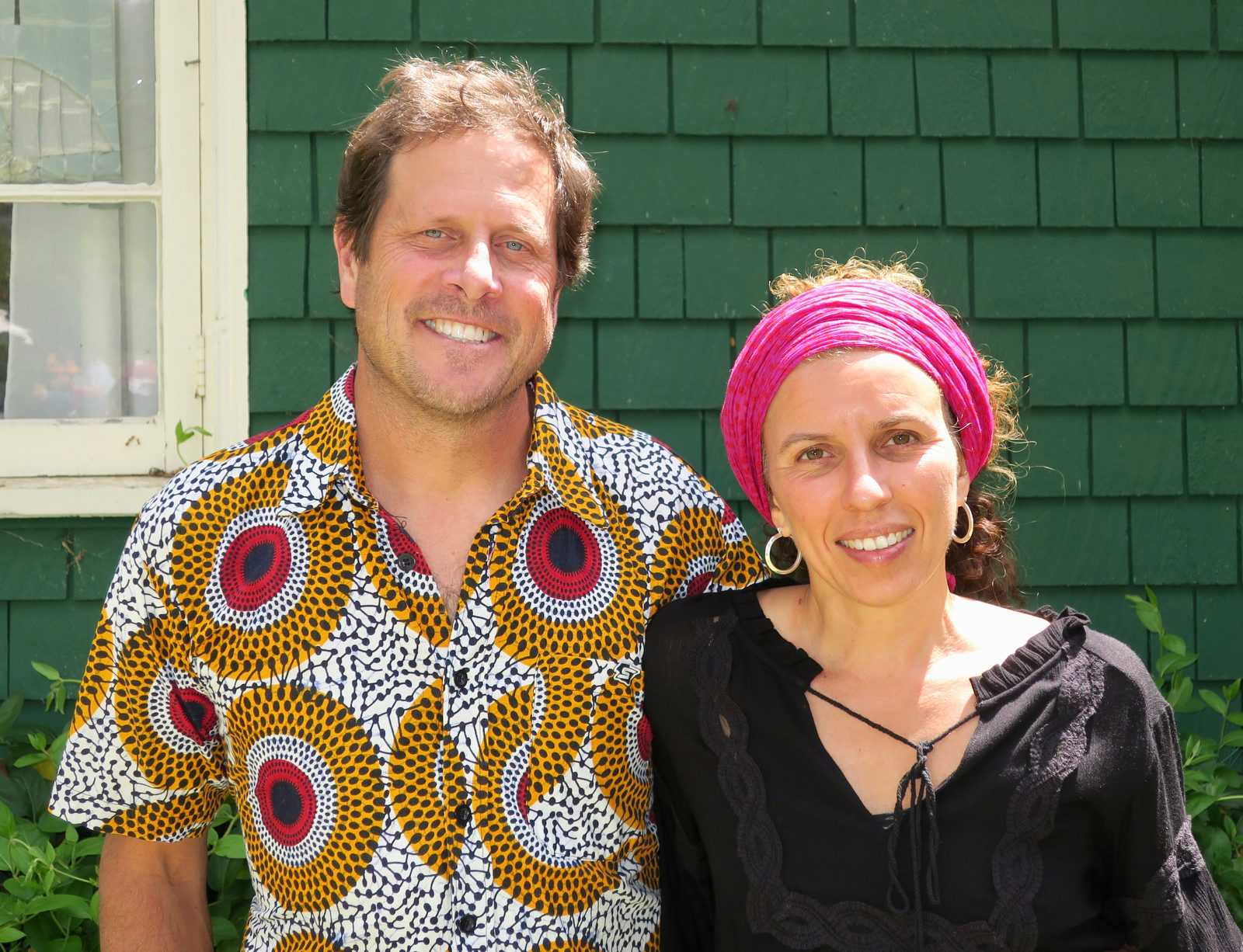
On April 6, more than 200 people gathered at a private estate just below Westmont College for African Women Rising’s (AWR) second annual Goat Fest. Proceeds from the event will enable the purchase of 300 goats for people AWR serves in Northern Uganda. The organization runs extensive education, agriculture, and microfinance programs in this region.
Co-founder and Executive Director Linda Cole chose the Goat Fest theme both because she wanted a fun, family and community oriented event and because goats are important animals in many Ugandan households. The event had a friendly, relaxing atmosphere with lots of mingling among guests, many with some connection to the founders, AWR, or other nonprofit organizations. A few goats were on hand, happily mingling in a penned area with children and adults alike and patiently allowing photo ops with their admirers. A vendor of goat milk products and vendors of African wares had booths alongside food vendors. Toward the end of the event, the Grammy-nominated Alphabet Rockers entertained the crowd.
Founded in 2006, AWR has a tiny U.S.-based staff: Cole (who spends a couple of months a year in Uganda), and a development director. In Uganda, it has about 150 employees running programs in education, agriculture, and microfinance. Both Cole and her husband, Tom Cole, who serves as Senior Technical Advisor, have master’s degrees in humanitarian assistance from the Friedman School of Nutrition at Tufts University and extensive development work experience.
Operating with a $725,000 budget, AWR seeks to empower women by providing assistance with these three types of programs. Northern Uganda was chosen because the conflict between the Ugandan government and the Lord’s Resistance Army created an especially critical need there.
The results of AWR’s programs are impressive. The organization is the largest provider of adult literacy in Northern Uganda, with 1,200 participants at its 32 centers last year and a drop-out rate of only about 12 percent. It’s girls’ education program enrolled about 750 girls last year. The agricultural program, focused on both field crops and permagardens, has improved diets and increased household savings. Last year, more than 2,600 households participated. Through its microfinance program, AWR provides capital and extensive training and is currently working with about 6,500 women. From 2013 to 2017, more than $1 million in savings was achieved.
Through its programs in education, agriculture, and microfinance, AWR is dramatically changing lives in Northern Uganda. For more info about African Women Rising, go to africanwomenrising.org.
If viewing from a mobile device, click on “Desktop site” in top right for more pics. Send invites to gail@independent.com.
